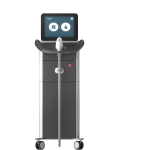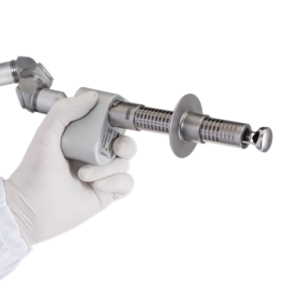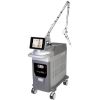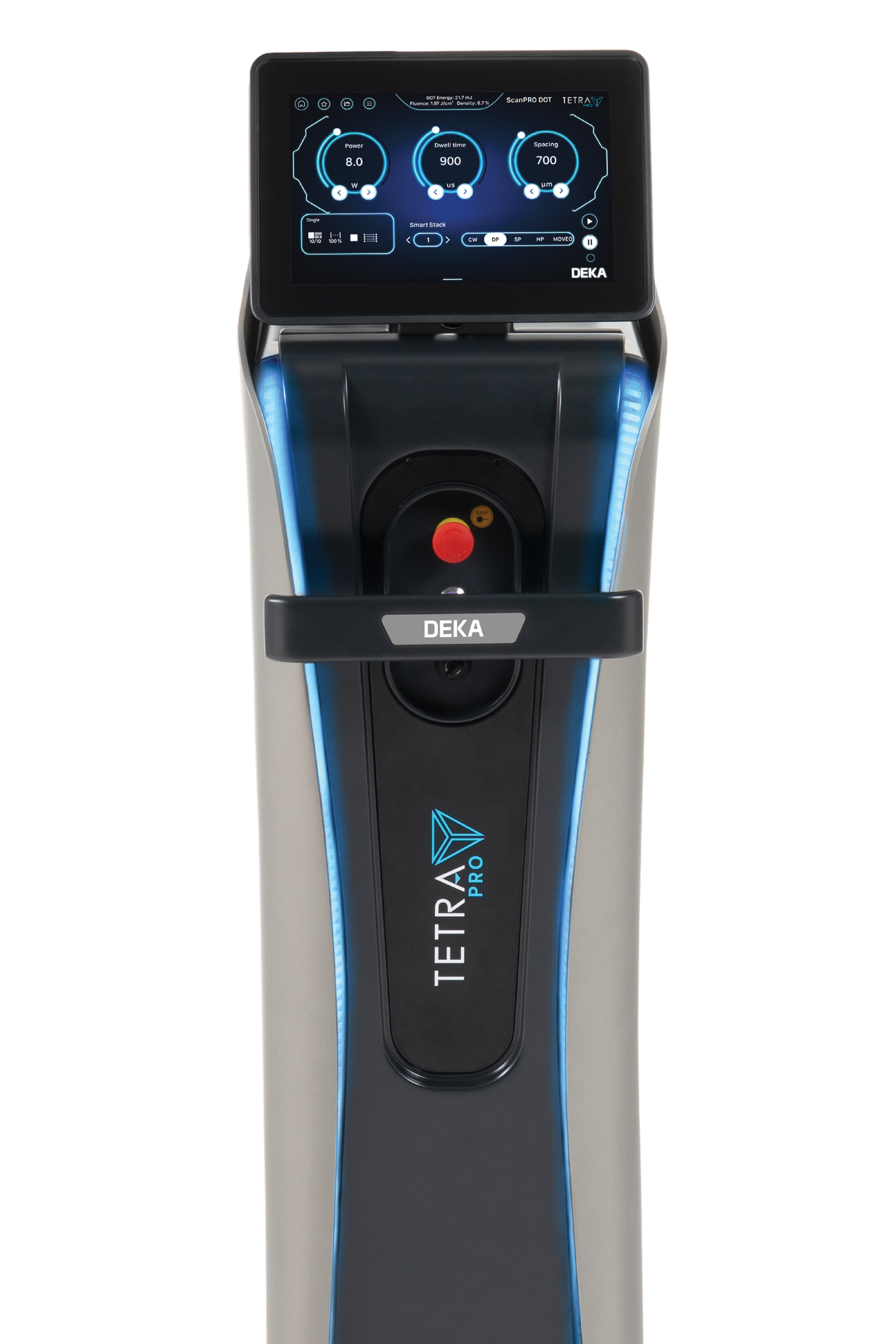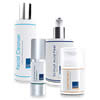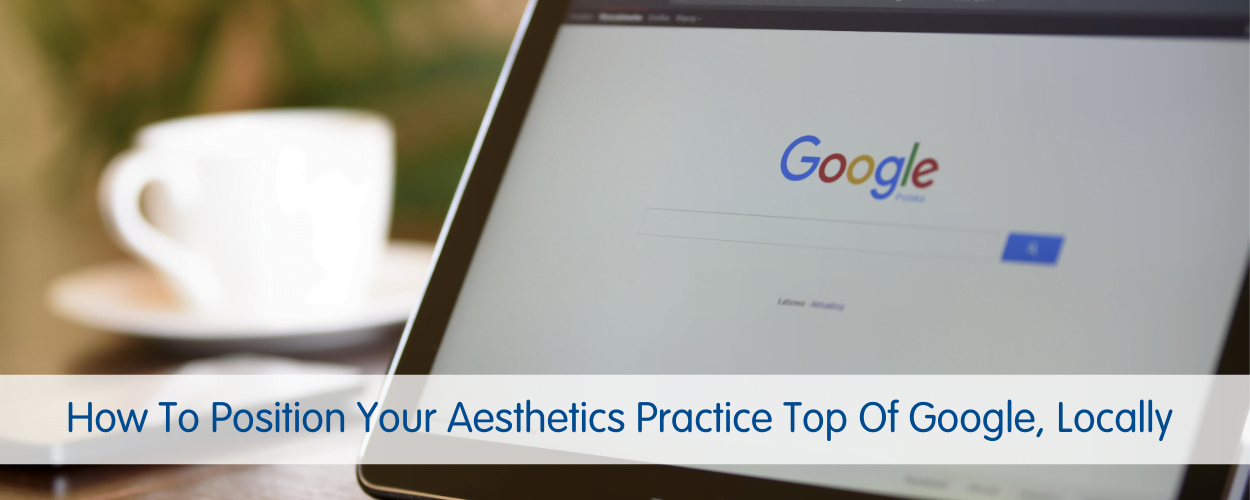
 Digital Marketing expert, Rick O’Neill, outlines the 8 key ranking factors that Google uses to determine your clinic’s position in local search results.
Digital Marketing expert, Rick O’Neill, outlines the 8 key ranking factors that Google uses to determine your clinic’s position in local search results.
Nowadays, voice-enabled devices such as Amazon Alexa and Google Home are becoming increasingly commonplace. Additionally, mobile searches for local services (such as aesthetic treatments) continue to rise, and by 2021, mobile devices are expected to drive an eye-watering £1.4 trillion in local sales, globally (according to marketingland.com).
All of that activity is categorised within Google, and in Digital Marketing circles, as a ‘Near Me’ search, a type of search behaviour that has increased by over 900% in the last 5 years. (according to Google’s Consumer Insights Report). This means that as Aesthetic businesses, there is a huge amount of potential interest and demand to be tapped into if you can do the hard yards and optimise your clinic website to achieve top positions in the Google Local results.
Google Search Results
There a few key elements to the Google search results that we should be concerned with. The elements are:
- The ‘Map Pack’, the first three results are shown next to a map at the top of Page 1.
- The “People Also Ask” section, which is where Google is being very clever and is automatically and continually pulling questions related to the search that has been made and pulling in answers from relevant businesses, either nearby or elsewhere.
- The main ‘organic results’ are the original (non ad-based) results.
- And lastly, the ‘Google Business Profile’, which is usually shown on the right-hand side of the results page and features a single business, it’s reviews and other key information.
Google use a complex series of ‘ranking factors’ to determine whether or not to position your business listing as a local search result, and wherein the pecking order you should sit. I’m going to walk you through the top eight of these ranking factors, listing some of the key things you need to do to give yourself the best chance of ranking on the first page of Google within your local area, for the key treatments and services you offer.
Factor 1: The Google My Business Profile
Having a fully populated, verified, and optimised GMB (Google My Business) profile is the foremost method for ensuring your business is in the race’ in those all-important local search results. The key steps to follow are:
- Create or claim your Google My Business listing. Search your business name, if a profile for it appears on the right, but you don’t yet have access to edit/update it, then click “Own this business” and start the process of claiming it.
- Add all of your business’ information and a description. The GMB platform or App allows you to update a whole host of information about your business from location, opening hours and booking links, to products, offers and much more. Make sure you update and populate as much as you possibly can, and include key phrases on the treatments and services you offer.
- Upload quality images – a lot of them. A GMB profile with plenty of high-quality images of your business will be favoured over one that has less or has poor quality images.
- Keep hours updated. Google likes to see business profiles that are continually up to date in terms of the hours of practice.
- Turn on the messaging feature. Enabling this shows Google you are responsive to customers.
- Get more Google reviews (and respond to them). They are not always easy to get, but you must incorporate a process for requesting reviews from patients, and having these posted onto your GMB profile will raise your chances of appearing top in search results exponentially.
- Include appointment, booking or menu URLs, if applicable.
- Add products, services, or your menu.
- Use Google My Business posts to promote your business. These are like mini social media posts that appear within your GMB profile. They expire every 2 weeks, so make it a habit to post these regularly, and include your key treatments and services in the wording and imagery.
Factor 2: Link Building
The second-ranking factor when it comes to local search optimisation is about building links back to your website. This is a really important signal to Google that your business is legitimate, credible, and popular. When focusing specifically on local SEO, there’s a certain way of achieving links back to your website, and a couple of things to avoid at all costs.
As tempting as it might be, Google will likely punish you if you purchase packages promising to build lots of backlinks for you, as very often these links can be of a very dubious nature. So instead, focus on quality. One of the ways that you can do this is through guest posting. Guest posting is offering to be a guest author on someone else’s website. Write a blog article or a guide relevant to the treatments that you offer and offer to feature it on a local lifestyle blog or a magazine site that talks about beauty or cosmetics, or offer to write content for a local hotel or community centre website.
Factor 3: Content
When you’re looking to rank on Google, content is king. Content can mean writing blog articles to post on social media (500 to 800 words), or it can be about producing longer, more authoritative, content. Google’s algorithm considers content above 2000 words as potentially being more authoritative, so consider writing guides and informational pages on your website that are around 1800 to 1900 words long.
When publishing your content, there is a long list of attributes to include to ensure that Google will index and rank your content over others. These include the Meta Data, a series of tags wrapped around your content, in the code of the page, that shows Google what the content is all about. The MetaData is made up of a Title, a Description, and a series of Heading tags, Image Tags, and sometimes more ‘rich’ Meta Data that uses something called Schema Code to tell Google more about your reviews, your location, and a number of other attributes.
To ensure your content is helping towards your local ranking, it’s important to include locally relevant content across the website. This means mentions of your Town or City, local landmarks, and local businesses. Google will pick up on that and it will map and understand that you are a business that’s important in your locality.
Factor 4: Citations
So ranking factor number four is a relatively simple, but really important part of local SEO. It relates to your N.A.P information (Name, Address, Phone Number). Not only must it be the same, in fact, identical on every page of your website, but it must be the same wherever it appears on the internet.
Google makes connections between every Citation for your business. Every time, your name and address and phone number appear together in the same format. So when your business is cited on a local newspaper site, in a business directory, review sites, directories etc – each of those is a Citation that adds to your rank profile with Google.
Factor 5: Reviews
Reviews are a huge deal for aesthetic practitioners because one of the first things a potential patient will do is to check out your reviews or compare reviews between practitioners/clinics. If you don’t have any reviews, they are going to potentially discount you in favour of a competitor.
If you do not have any reviews or do not have more than a few, then having a strategy and automated process for collecting them will be critical to your success, and to your achieving a high rank in Google Local results. You can respond to reviews, so make sure you do so, even if they’re positive or negative, it doesn’t matter, respond every time, quickly. This response time is another signal to Google.
Factor 6: On-Page Behaviour
Factor six is all about the on-page behaviour of visitors to your website. This also includes the way people respond to your results in the Google listings, whether they click on your listing, whether they click your phone number, and how they behave when they arrive at your website, Google is monitoring all of these things, all the time, to determine whether your business offers a solid experience to people searching.
Using tools such as the Google Search Console will give you insights into where people have clicked on your search result, or you appeared as part of a search, but they didn’t click on you. Studying these insights, and further information that can be gleaned from Google Analytics, and the statistics offered by Google My Business, you can pick up major issues early, and rectify them before they affect your ranking. Things to look out for include your ‘Bounce Rate’ – the rate at which people leave your website after viewing just a single page, the ratio between Mobile and Desktop viewers, and the length of time people spend on your website. One proven way to improve engagement on your website, and reduce your ‘Bounce Rate’, is to include a welcome video on your homepage.
Factor 7: Personalisation (Voice & Mobile)
Personalisation is about mobile optimisation and voice search optimisation of your website. Mobile-optimised websites hold much higher positions on Google than those that are designed only for desktops. Not only that, but it is the mobile version of your website and it’s content that Google indexes by default, not the desktop version. The most important elements of the mobile experience that Google look at in order to determine your ‘rank’ are 1) the content experience – don’t hide content from your main site, on the mobile version, and 2) speed! – your site MUST load quickly on a mobile cellular connection (3G or 4G), and 3) the visual / interface – your mobile site needs to feel more like an App, meaning an easy to use menu, intuitive navigation and well-designed functionality etc.
Voice search is also on a steep rise, and this means your web content needs to be written in a way that aligns with the way people search with their voices. Think about how you speak to your Alexa device, versus what you might type into Google. There are subtle differences. Voice searches are longer, more conversational, so when writing your next FAQ page or Blog, consider a longer, more conversational ‘question’ as the title for that page. For example, “Where can I find the best tattoo removal clinic in Soho”, versus “Tattoo removal in Soho”.
Factor 8: Social Media
The final of the top eight ranking factors is social media. Google looks at a range of signals on social media when determining the authority of a website. These include your size of following, links that people follow from social media to your website, the amount of times your company name is mentioned on social media, and a long list of other factors.
Bear in mind too, that social media profiles also appear in search results, so when writing content for your social profiles it’s important to ensure that you include the key search terms you are trying to rank for and post at a consistent and regular frequency.
Rick O’Neill Contact Details
For more information, contact Rick via the details below:
Web: www.rickyoneill.co.uk
WhatsApp: 07803157192



